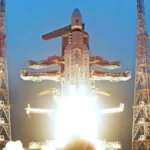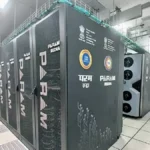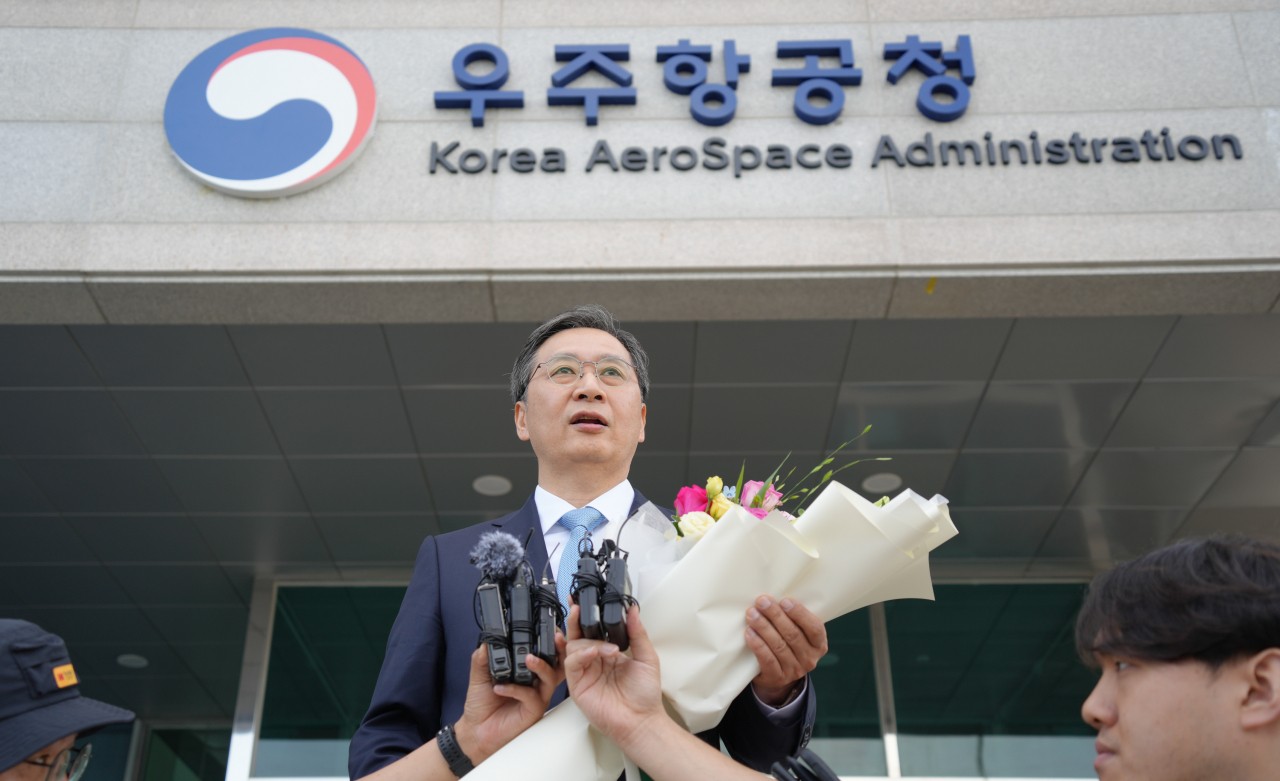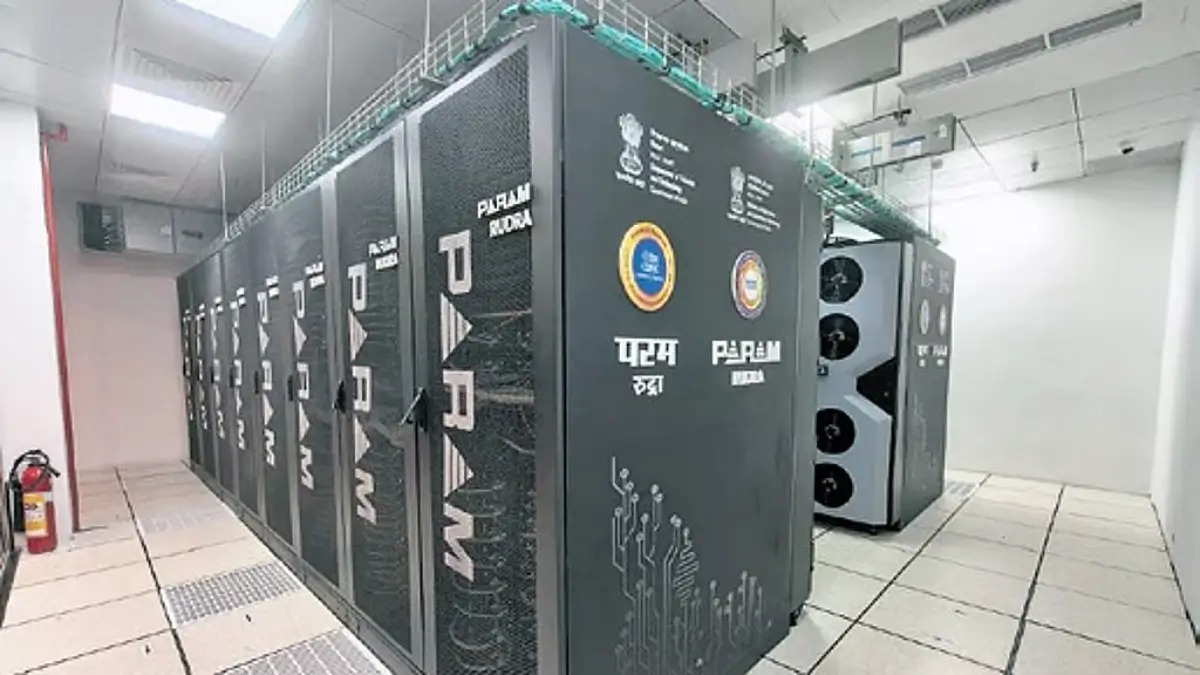South Korea Establishes National Space Agency, KASA
Introduction to KASA
South Korea has officially launched the Korea AeroSpace Administration (KASA) to spearhead its aerospace sector’s policy and industrial development. This milestone follows the passage of a special law by the national assembly in January, unifying various government entities involved in space policy and projects. Located in Sacheon, South Gyeongsang Province, KASA boasts an annual budget of 758.9 billion won (approximately $556 million).
KASA’s Mission and Vision
KASA is poised to drive South Korea’s “space economy,” with ambitions to join the world’s top five space powers. The agency aims to foster a robust aerospace industry ecosystem by nurturing experts and supporting innovative research and development (R&D). South Korea’s ambitious plans include launching its first lunar lander by 2032 and conducting at least three more space missions by 2027, including military satellite deployments.
Technological Milestones
South Korea has already made significant strides in space technology. In May last year, the country successfully launched the Nuri rocket, its indigenous space launch vehicle, which placed a commercial-grade satellite into orbit. This achievement marks South Korea as the seventh nation to develop independent space launch vehicle and satellite development technology.
International Context
The establishment of KASA places South Korea in a competitive international space race. North Korea’s recent failed attempt to launch a military spy satellite highlights the regional tensions and competitive dynamics in space technology. Meanwhile, nations like China, Japan, and India continue to make significant advancements, with China’s heavy-lift rockets and lunar missions, and Japan and India’s successful moon landings underscoring the rapid developments in the sector.
Future Prospects
KASA will consolidate South Korea’s space policy and development functions, currently spread across various ministries, under a single umbrella. This streamlined approach is expected to enhance efficiency and accelerate the nation’s space endeavors. With a strong focus on R&D and international collaboration, KASA aims to propel South Korea into the forefront of global space exploration.
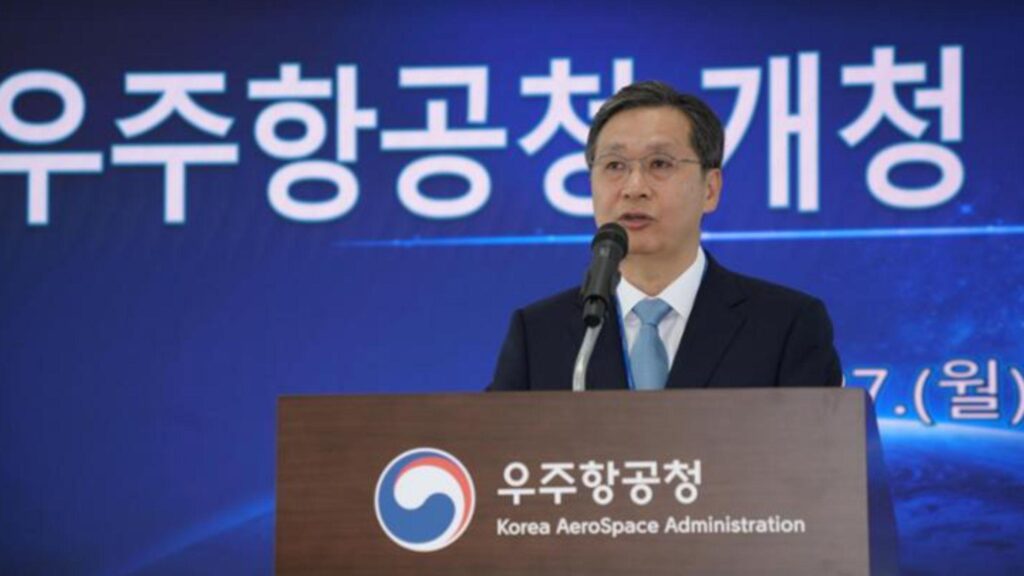
Why This News is Important
Significance for South Korea
The launch of KASA marks a pivotal moment for South Korea, reflecting its ambitions to become a global leader in space technology. This move is a strategic step towards enhancing national security, economic growth, and technological innovation. By centralizing space-related activities, South Korea aims to create a cohesive and dynamic space ecosystem.
Global Space Race
In the context of the global space race, KASA’s establishment highlights the increasing importance of space technology in geopolitical and economic spheres. As countries like China, Japan, and India make significant strides, South Korea’s advancements contribute to the rapidly evolving landscape of space exploration and competition.
Technological and Economic Impacts
KASA’s mission to foster a thriving space economy is crucial for technological advancements and economic growth. The agency’s focus on nurturing experts and supporting innovative R&D will drive progress in aerospace technologies, creating new opportunities for businesses and boosting the national economy.
Strategic Defense Capabilities
The inclusion of military satellite launches in KASA’s plans underscores the strategic importance of space technology in national defense. This development enhances South Korea’s capabilities to monitor and respond to regional security threats, particularly in light of North Korea’s space ambitions.
Educational and Research Opportunities
KASA’s emphasis on cultivating experts and fostering R&D presents significant opportunities for education and research. This focus will enhance South Korea’s scientific community, attract international collaborations, and position the country as a hub for space technology innovation.
Historical Context
Early Space Endeavors
South Korea’s journey into space began with its early satellite launches and collaborations with international space agencies. The launch of its first satellite, KITSAT-1, in 1992 marked the country’s entry into space exploration. Over the years, South Korea has progressively developed its capabilities, culminating in the launch of the Nuri rocket in 2022.
Development of Indigenous Technologies
The development of the Nuri rocket represents a significant milestone in South Korea’s space history. This achievement underscores the country’s commitment to developing independent space launch capabilities, reducing reliance on foreign technology, and enhancing national security.
Regional Space Competition
The competitive dynamics in East Asia, particularly with China and Japan’s advancements in space technology, have driven South Korea to accelerate its space endeavors. The regional space race has spurred technological innovation and strategic initiatives, positioning South Korea as a key player in the global space sector.
Global Collaborations
South Korea’s collaborations with international space agencies, including NASA and ESA, have played a crucial role in its technological advancements. These partnerships have provided valuable expertise, resources, and opportunities for joint missions, contributing to South Korea’s growing capabilities in space exploration.
Key Takeaways from “South Korea Establishes National Space Agency, KASA”
| Serial Number | Key Takeaway |
|---|---|
| 1 | South Korea launched the Korea AeroSpace Administration (KASA). |
| 2 | KASA aims to lead policy and industrial development in the aerospace sector. |
| 3 | The agency plans to launch its first lunar lander by 2032 and three more space missions by 2027. |
| 4 | South Korea became the seventh country with indigenous space launch vehicle and satellite technology. |
| 5 | KASA will streamline space policy and development functions across various ministries. |
Important FAQs for Students from this News
Q1: What is KASA?
A1: KASA stands for Korea AeroSpace Administration, South Korea’s newly established national space agency aimed at leading aerospace policy and industrial development.
Q2: What are KASA’s main objectives?
A2: KASA aims to drive South Korea’s space economy, develop aerospace technologies, conduct lunar and military satellite missions, and foster a robust ecosystem for space R&D.
Q3: Where is KASA located?
A3: KASA is headquartered in Sacheon, South Gyeongsang Province, South Korea.
Q4: What are some of KASA’s upcoming projects?
A4: KASA plans to launch its first lunar lander by 2032 and conduct three additional space missions by 2027, including military satellite launches.
Q5: Why is KASA important for South Korea?
A5: KASA is crucial for advancing South Korea’s space technology, enhancing national security, and boosting economic growth through technological innovations.
Some Important Current Affairs Links









